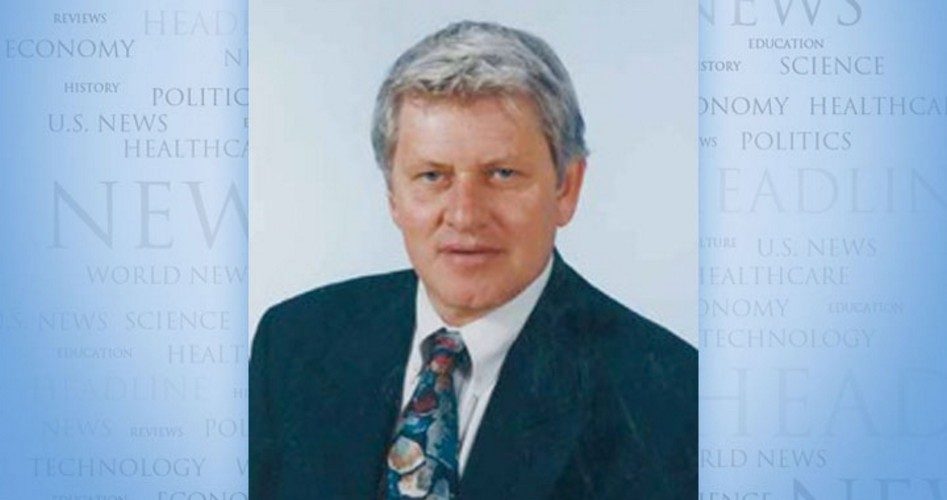
Central planning is tricky. Castro decided that individualism was an obstacle to economic development and nearly half of Cuba’s 7,000 doctors fled to the United States.
The Maoists in China targeted the nation’s most productive farmers as insufficiently self-sacrificing and tens of millions people ended up starving to death. You don’t get great harvests by killing the best farmers.
What failed in both cases was a system built on the fatal combination of arrogance, ineptitude, sanctimony and a deep-seated naivete about human nature, incentives, and unintended consequences.
Here at home — again, directly dealing with matters of life and death for millions of people — the central planners of Obamacare have established an Independent Payment Advisory Board, a panel of 15 unelected and unaccountable government officials who will call the financial shots in the U.S. healthcare system — no oversight or consent required by Congress, doctors, patients or the public.
The White House was supposed to name the central planners to the board and have the operation up and running by mid-September, but the Obama administration appears to be holding off on the names of the appointed bureaucrats until after the November election.
Obamacare architect Peter Orszag, a former budget director for President Obama and currently a vice chairman of bailed-out Citigroup, is exactly the type of political player to be a likely appointee.
Orszag has stated that up to a third of the spending in the American healthcare system is “waste.” It’s not clear if he was referring to the profit levels of insurance companies or the cost of healthcare for people who under the new top-down, cheaper, and one-size-fits-all system will be tagged as too old to be permitted to have a heart valve repair or new knee.
Another likely candidate for the Independent Payment Advisory Board is bioethicist Ezekiel Emanuel, former faculty member at Harvard Medical School, current Chair of the Department of Bioethics at The Clinical Center of the National Institutes of Health, a member on President Clinton’s Health Care Task Force, a former senior advisor for health policy to the director of the White House Office of Management and Budget under the Obama administration, and brother of President Obama’s former Chief of Staff, Rahm Emanuel.
Stirring up controversy and fear on the issue of “a just allocation of health care resources,” Emanuel wrote the following in the Hastings Center Report in 1996 on where to draw the line between guaranteed and non-guaranteed healthcare as viewed through the “civic republicanism” and “deliberative democracy” perspectives: “Substantively, it suggests services that promote the continuation of the polity — those that ensure healthy future generations, ensure development of practical reasoning skills, and ensure full and active participation by citizens in public deliberations — are to be socially guaranteed as basic. Conversely, services provided to individuals who are irreversibly prevented from being or becoming participating citizens are not basic and should not be guaranteed.”
What’s left undefined is how the 15 appointed bureaucrats on the Independent Payment Advisory Board will decide if we’re sufficiently “active” in being “participating citizens.”
Explained Emanuel, “An obvious example is not guaranteeing health services to patients with dementia.”
More recently, in 2009, Emanuel wrote the following justification for age-based healthcare rationing: “Unlike allocation by sex or race, allocation by age is not invidious discrimination; every person lives through different life stages rather than being a single age. Even if 25-year-olds receive priority over 65-year-olds, everyone who is 65 years now was previously 25 years.”
I don’t understand the logic in 65-year-old, 25 year-old example, but I didn’t teach at Harvard Medical School. Is Emanuel saying that sexism in compensation, underpaying women, would be okay in the case of a transgendered woman because she was once a guy?
Ralph R. Reiland is an associate professor of economics and the B. Kenneth Simon professor of free enterprise at Robert Morris University in Pittsburgh.


